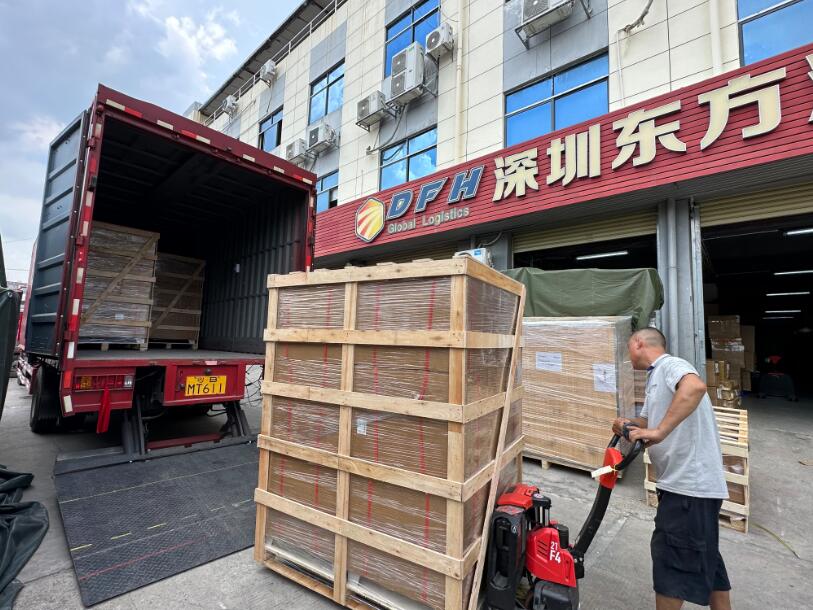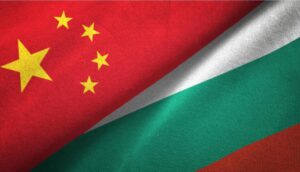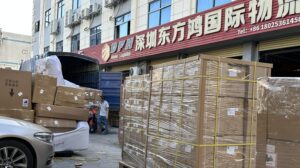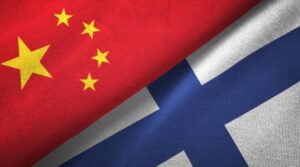When you import from China, your supplier will often ask:
“Do you prefer EXW, FOB, CIF, or DDP?”
For many importers, these terms sound confusing — yet they decide who handles shipping, who pays duties, and who takes responsibility if something goes wrong.
As the Co-founder of DFH Logistics, I’ve helped thousands of importers choose the right term for their business.
In this guide, I’ll clearly explain what each Incoterm means, their pros and cons, and which one fits your situation best.
What Are Incoterms and Why Do They Matter?
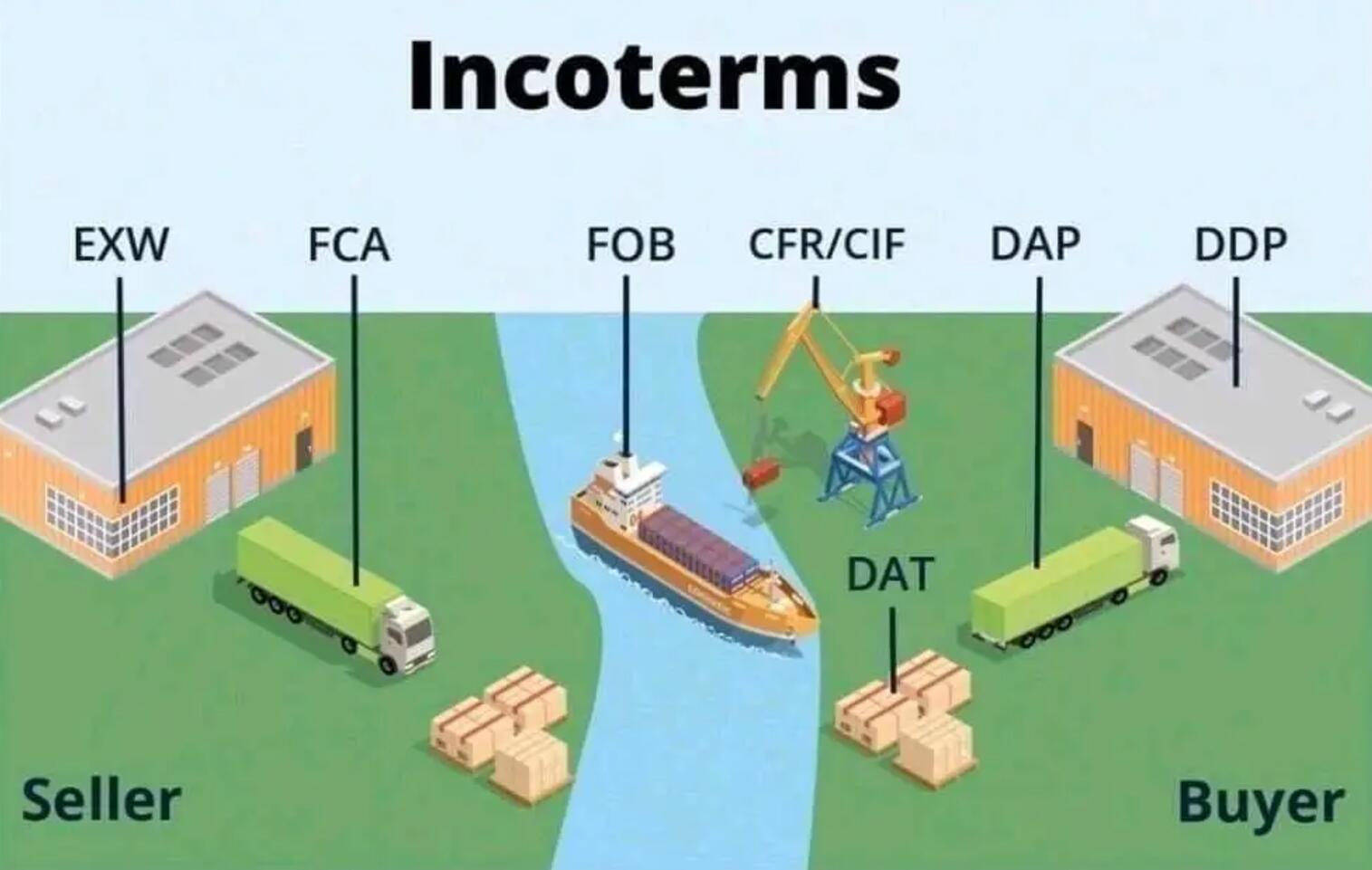
Incoterms are international trade terms published by the International Chamber of Commerce (ICC) that define who — the buyer or the seller — is responsible for shipping, insurance, and customs in global trade.
These rules ensure both sides know:
- Who arranges transportation and insurance
- Who handles export and import clearance
- Where the transfer of risk happens
Without clear Incoterms, misunderstandings can cause delays, hidden costs, and even shipment losses.
You can read official definitions on the International Chamber of Commerce (ICC) website.
What Is EXW (Ex Works)?
EXW (Ex Works) means the seller makes the goods available at their factory or warehouse.
From that point, you — the buyer — handle everything: pickup, export declaration, international freight, import customs, and final delivery.
In Real Terms
If your supplier is in Shenzhen and you’re based in the USA, under EXW:
- You (or your forwarder) send a truck to the supplier’s factory.
- You handle export paperwork in China.
- You pay for shipping from China to your door.
- You handle US customs and duties.
Pros of EXW
- Lowest product cost — no extra services included.
- Full control over logistics and timing.
- Perfect if you already have a trusted freight forwarder in China.
Cons of EXW
- You handle everything — even export clearance in China.
- Some suppliers don’t have export rights, which makes EXW risky.
- Complex for first-time importers.
Who Should Use EXW
- Experienced importers with strong logistics partners in China.
- Companies with their own export licenses or Chinese agents.
If you’re new to importing, EXW can quickly become overwhelming. Most importers prefer to let a freight forwarder like DFH Logistics handle the China-side operations. or if you want to check more trust freight forwarder from china and want to find them by yourself. you can check our blog: How to find reliable freight forwarder in China
What Is FOB (Free On Board)?
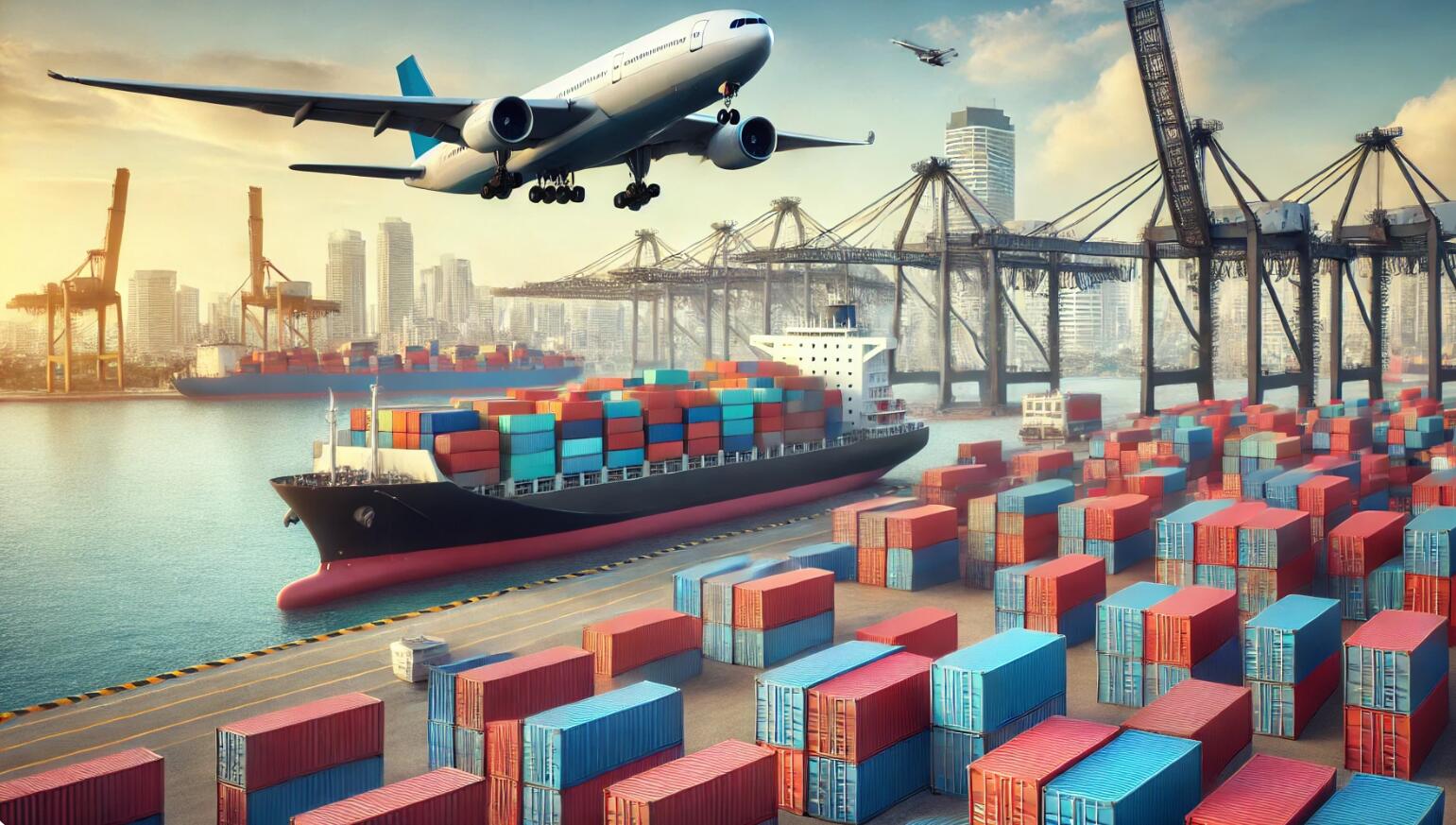
FOB (Free On Board) is one of the most common and balanced Incoterms in global trade.
The seller takes responsibility until the goods are loaded onto the ship or plane in China.
After that, the buyer covers freight, insurance, import customs, and inland delivery.
In Real Terms
If your order ships FOB Shanghai:
- The supplier handles export customs and trucking to the port.
- Once goods are loaded, risk transfers to you.
- You choose your carrier and pay for international freight.
- You clear customs in your country and manage delivery.
Pros of FOB
- Fair split of responsibility between buyer and seller.
- You can negotiate better freight rates with your own forwarder.
- Seller handles export documentation.
Cons of FOB
- Risk transfers earlier (once goods are on board).
- You must handle insurance and customs clearance.
- Port charges and local delivery are on your side.
Who Should Use FOB
- Importers with moderate experience.
- Buyers shipping regular container loads.
- Those who want control without dealing with export issues.
FOB is ideal for Amazon sellers, wholesalers, and SMEs.
Learn more about managing this model in our guide on Top 10 Freight Forwarders in China for USA Importers.
What Is CIF (Cost, Insurance, and Freight)?
CIF (Cost, Insurance, and Freight) means the seller covers the cost of transportation and insurance up to the destination port.
Once the cargo arrives, you — the buyer — take over, handling customs, duties, and final delivery.
In Real Terms
If your supplier quotes CIF Los Angeles:
- They’ll arrange shipping from China to the LA port.
- You’ll pay local port charges, customs duties, and inland delivery.
Many importers assume CIF covers everything, but it ends at the port, not your door.
Pros of CIF
- Convenient — seller books the vessel and insurance.
- Predictable shipping cost to the port.
- Good for large-volume ocean shipments.
Cons of CIF
- Port fees and documentation charges often surprise buyers.
- You still handle customs clearance and delivery.
- Sellers may use slow or cheap carriers to save cost.
Who Should Use CIF
- Importers with a customs broker in their country.
- Buyers familiar with port operations.
- Larger companies with regular container volumes.
For more detail, check What is CIF and How it Works? for a visual breakdown.
What Is DDP (Delivered Duty Paid)?
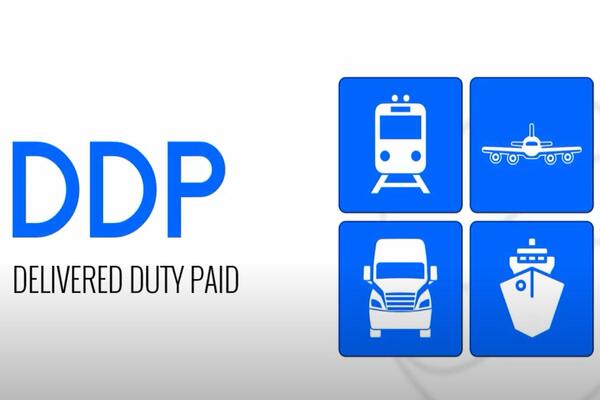
DDP (Delivered Duty Paid) means the seller or forwarder handles everything from start to finish — pickup, export, shipping, customs clearance, duty payment, and delivery to your door.
You simply receive your goods, worry-free.
In Real Terms
Under DDP:
- Your forwarder picks up from the supplier’s warehouse.
- They handle export paperwork, shipping, and US customs.
- Duties and taxes are prepaid.
- Goods arrive directly at your address or FBA warehouse.
Pros of DDP
- Complete door-to-door solution.
- No customs paperwork or import tax worries.
- Transparent, all-inclusive quote.
- Perfect for importers without import licenses.
Cons of DDP
- Slightly higher price — includes all costs.
- You rely heavily on your forwarder’s professionalism.
Who Should Use DDP
- First-time importers or small business owners.
- Amazon FBA and e-commerce sellers.
- Companies without customs clearance experience.
You can read our detailed guide on DDP shipping from China to the USA to understand how this works in practice.
EXW vs FOB vs CIF vs DDP: Detailed Comparison
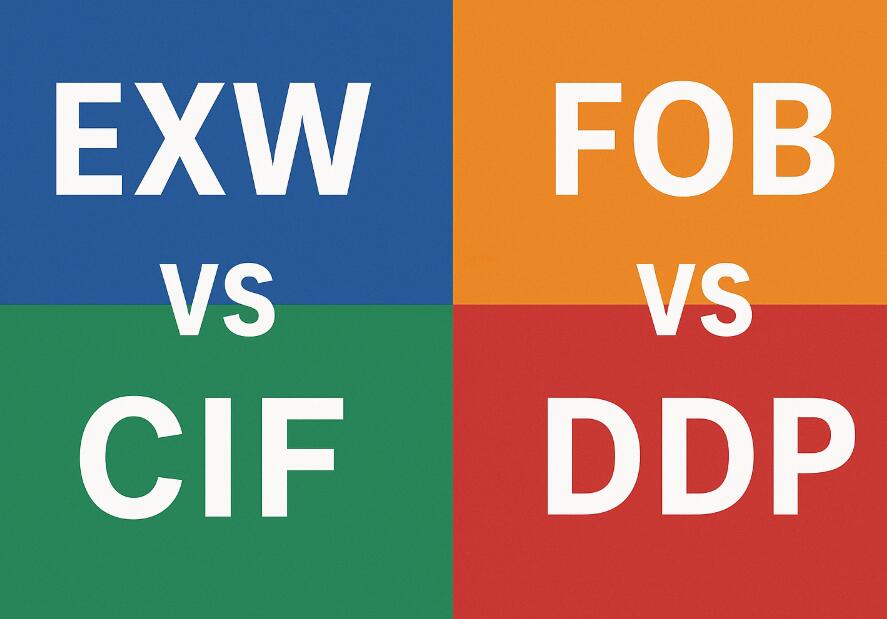
These four Incoterms mainly differ in who handles shipping, customs, and risk.
Here’s a complete side-by-side comparison:
| Aspect | EXW | FOB | CIF | DDP |
|---|---|---|---|---|
| Export customs (China) | Buyer | Seller | Seller | Seller |
| Freight cost | Buyer | Buyer | Seller | Seller |
| Insurance | Buyer | Buyer | Seller | Seller |
| Import duties/taxes | Buyer | Buyer | Buyer | Seller |
| Delivery responsibility | Buyer | Buyer | Buyer | Seller |
| Risk transfer point | Factory | Port of export | Destination port | Buyer’s door |
| Buyer control | Very High | High | Medium | Low |
| Complexity for buyer | Very High | Medium | Medium | Very Low |
| Ideal for | Experienced importers | Regular traders | Bulk importers | E-commerce, new importers |
In short:
- EXW gives full control but demands experience.
- FOB balances control and cost.
- CIF simplifies ocean shipping but ends at the port.
- DDP provides total convenience and predictability.
Which Incoterm Should You Choose for Your Business?
Your ideal Incoterm depends on your logistics experience, shipment size, and control preference.
| Your Situation | Recommended Term | Why |
|---|---|---|
| New importer or e-commerce seller | DDP | Easiest, all-inclusive, no customs issues |
| Importer with basic experience | FOB | Balanced control and flexibility |
| Large-scale buyer with broker network | CIF | Suitable for bulk ocean freight |
| Experienced importer or sourcing agent | EXW | Maximum control, best for professionals |
If you’re unsure, start with DDP — it’s the safest and simplest way to import from China.
Once you gain experience, you can shift to FOB or CIF to gain more control and possibly reduce costs.
How DFH Logistics Helps You Choose the Right Incoterm
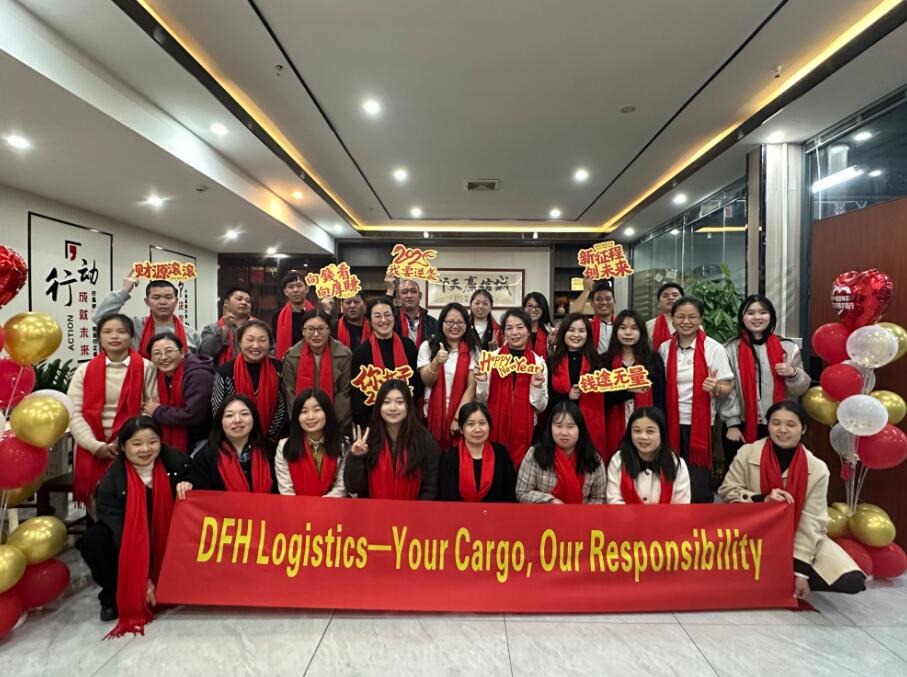
At DFH Logistics, we don’t just ship your goods — we act as your global logistics partner.
With over 12 years of experience handling shipments from China to the USA, Europe, and beyond, our team has guided 20,000+ importers and e-commerce sellers to choose the right Incoterm and avoid unnecessary costs, delays, and customs risks.
What Makes DFH Different
- Expert Advisory: We analyze your product type, volume, and delivery timeline to recommend the most efficient Incoterm — whether EXW, FOB, CIF, or DDP.
- All-in-One Shipping Management: From factory pickup and export declaration to customs clearance and last-mile delivery, we handle every step with full visibility.
- Guaranteed Compliance: Our licensed customs brokers and experienced documentation team ensure smooth clearance in both China and destination countries.
- Cost Transparency: You receive clear, all-inclusive pricing with no hidden charges — so you can calculate your total landed cost before shipping.
- Worldwide Coverage: We deliver to Amazon FBA warehouses, commercial addresses, and private customers across the USA, UK, EU, Canada, Australia, and more.
Real Impact for Importers
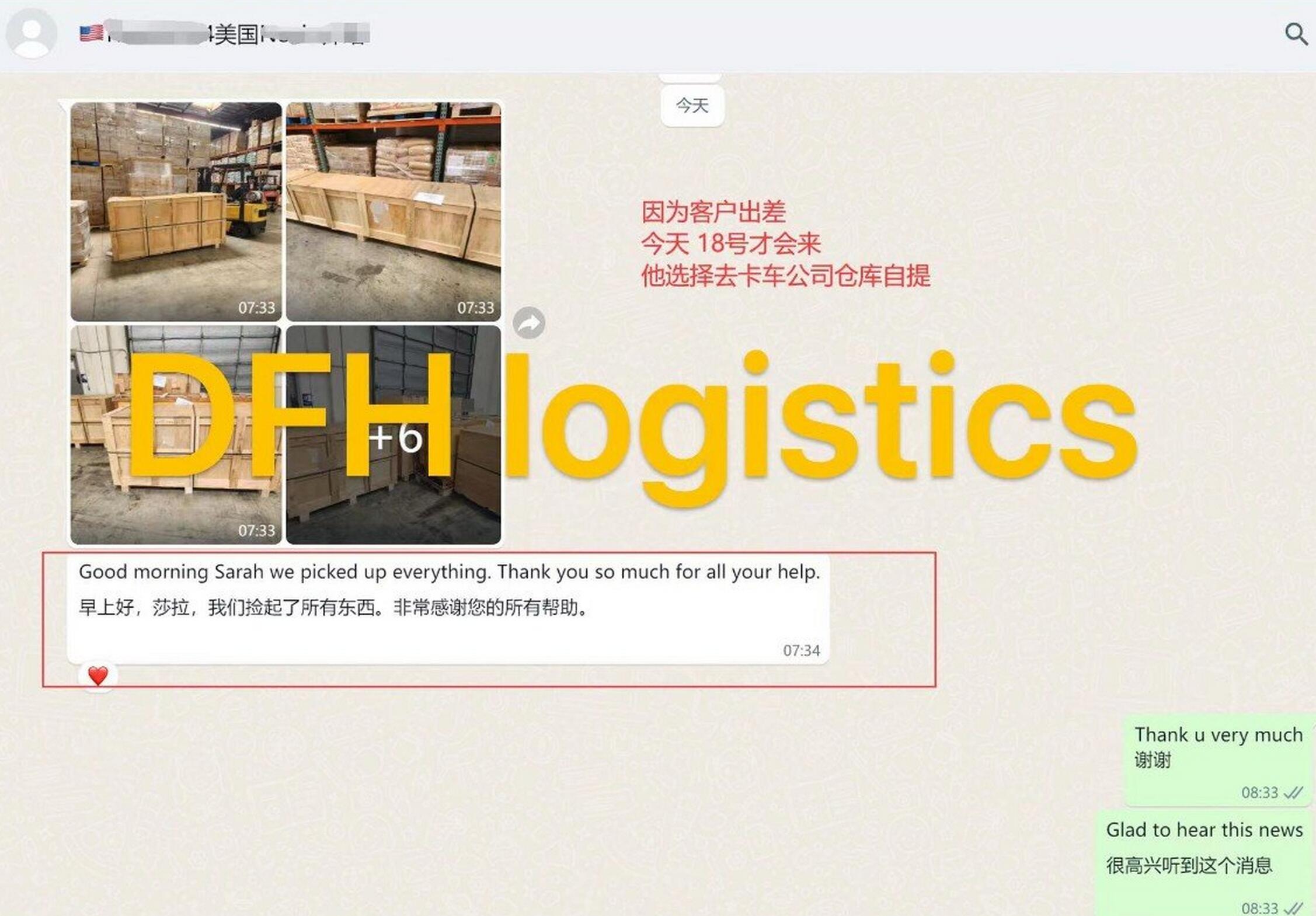
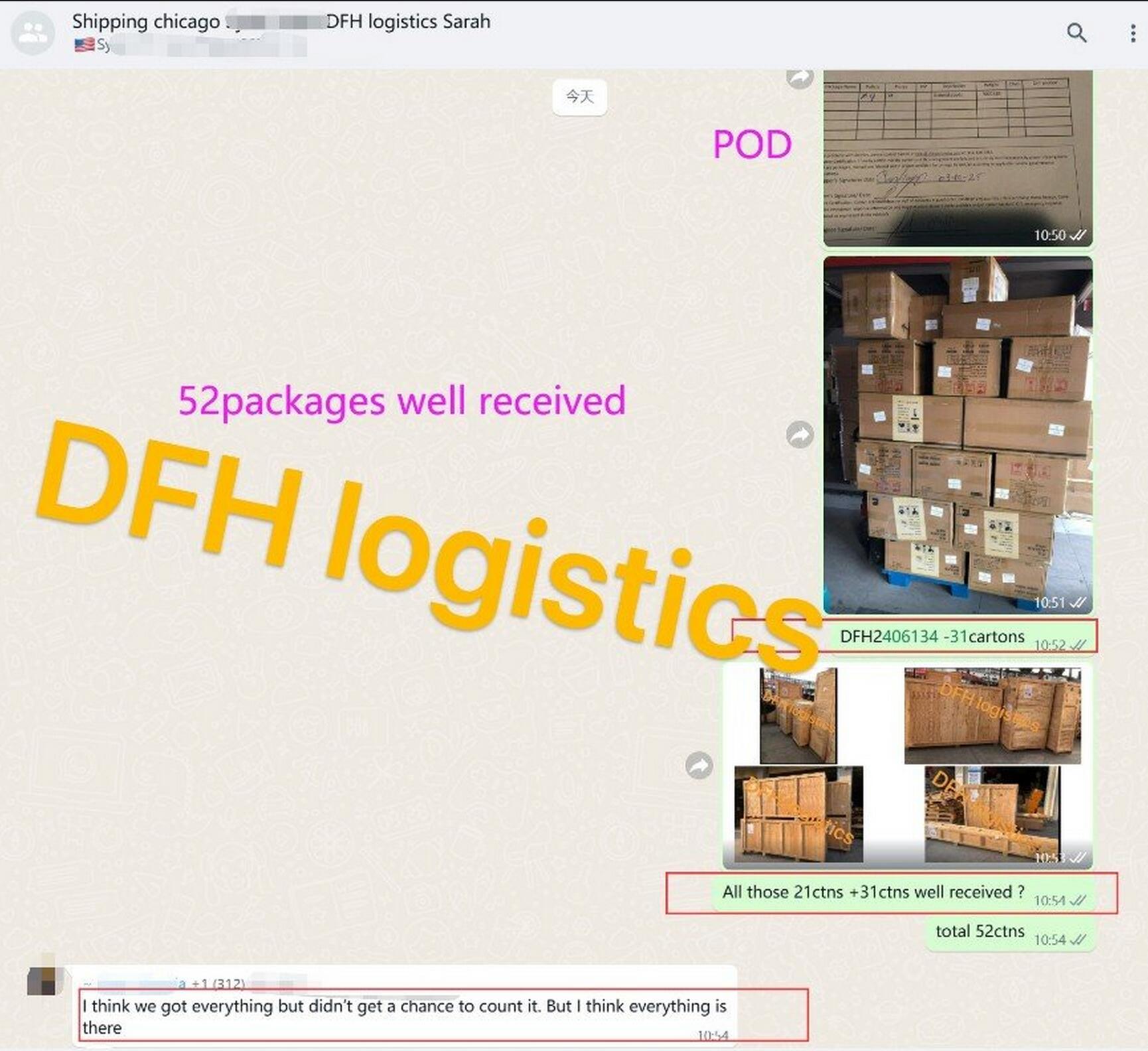
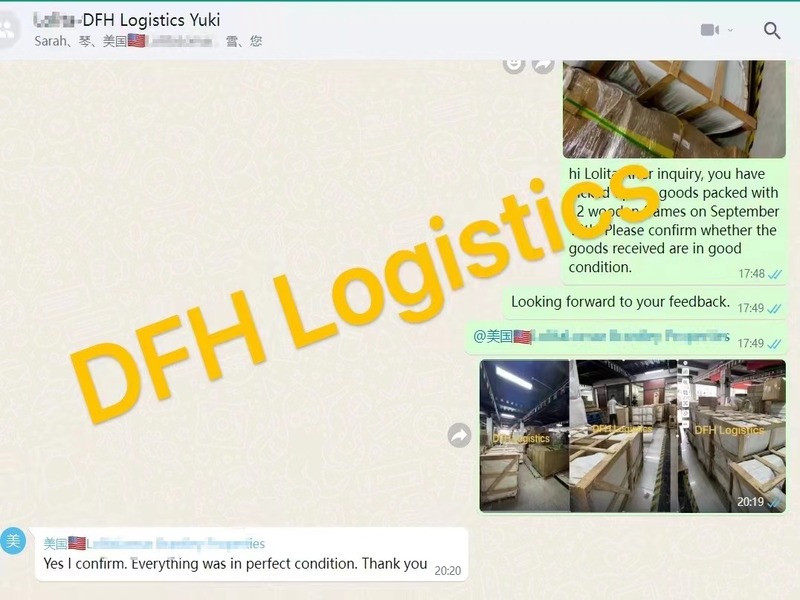
Importers who switched to DFH Logistics after struggling with unclear quotes or customs problems have reduced shipping costs by 15–25%, shortened transit times, and eliminated clearance headaches.
We take care of logistics so you can focus on scaling your business — not managing paperwork or chasing carriers.
If you want a reliable, transparent, and professional partner to handle your shipping from China,
contact DFH Logistics for a free, no-obligation consultation today →
We’ll help you select the smartest Incoterm and provide a tailored, all-inclusive quote within 24 hours.
Conclusion
EXW, FOB, CIF, and DDP each serve a purpose — but choosing the wrong one can cost you time, money, and peace of mind.
- Choose EXW if you’re experienced and want full control.
- Choose FOB for balanced cost and flexibility.
- Choose CIF for traditional large-volume sea shipments.
- Choose DDP if you want a stress-free, door-to-door solution.
At DFH Logistics, we’ve seen how the right Incoterm can transform a business.
If you want a clear quote, full compliance, and on-time delivery, our DDP and FOB solutions are the most recommended for importers worldwide.
Get your personalized shipping quote now and start your next shipment confidently.

